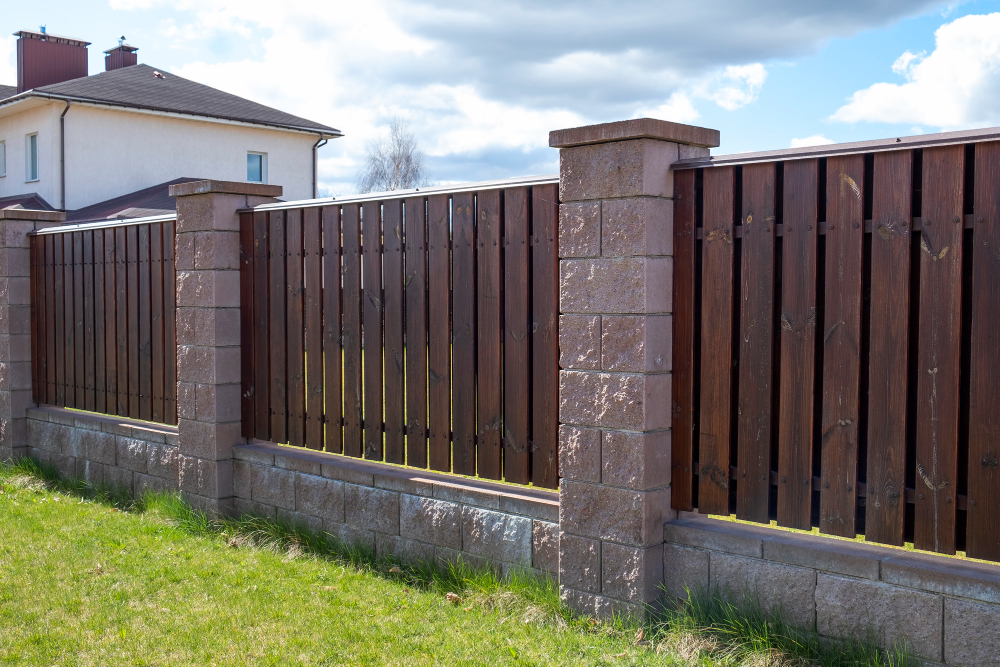
When it comes to adding a fence to your residential property, you may have a lot of questions. After all, a fence is a significant investment, and you want to make sure it is worth the cost. From selecting the right material to understanding local ordinances, there is a lot to consider. In this post, we'll cover some of the most frequently asked questions about residential fencing.
The answer to this question will depend on a variety of factors, including your budget, aesthetic preferences, and practical needs. Wood fencing is a popular choice for its affordability and natural appearance, while vinyl fencing is a low-maintenance option that can last for years. Metal fences are also durable, but they tend to be costlier than other materials. Wrought iron fences are an elegant and stylish option but can be quite expensive. Ultimately, the best fence for your property will be one that meets your unique needs and budget.
In most cities, you will need a permit to install a fence on your property. The specific requirements may vary depending on your location, so it's important to check with your city or county to ensure you comply with local ordinances. In addition to a permit, you may need to adhere to specific guidelines related to fence height, setback from the property line, and other factors.
The lifespan of a fence will depend on several factors, including the material, maintenance, and environmental conditions. Vinyl fencing can last upwards of 30 years with minimal maintenance, while wood fencing typically lasts about 15 years. Metal fences such as aluminum or steel can last even longer, up to 50 years or more. Proper maintenance, including regular cleaning and sealing, can extend the life of your fence.
The specific maintenance requirements for your fence will depend on the material. Wood fences should be cleaned and sealed every few years to prevent rot and decay. Metal fences may need to be repainted periodically to prevent rust. Vinyl fences require minimal upkeep but should be occasionally washed to remove dirt and mildew. Regularly inspect your fence for damage, and make repairs as soon as possible to prevent further deterioration.
The cost of fence installation will depend on several factors, including the size, material, and complexity of the project. On average, homeowners spend between $1,500 and $4,000 to install a fence. Wood fencing is typically the most affordable option, while wrought iron fences are the most expensive. It's important to get a detailed quote from your fencing contractor that includes all costs associated with the project, including materials, labor, and permits.
Adding a fence to your residential property can enhance its curb appeal, provide privacy, and increase its value. By answering some of the most frequently asked questions about residential fencing, we hope to give you a better understanding of the process involved. Choosing the right material, complying with local ordinances, and regular maintenance are all critical factors in ensuring your fence lasts for years to come. Contacting a reputable fencing contractor in Orlando, FL, like Wulff Fence, can help assist in selecting the right fence solution for your project with an affordable price.